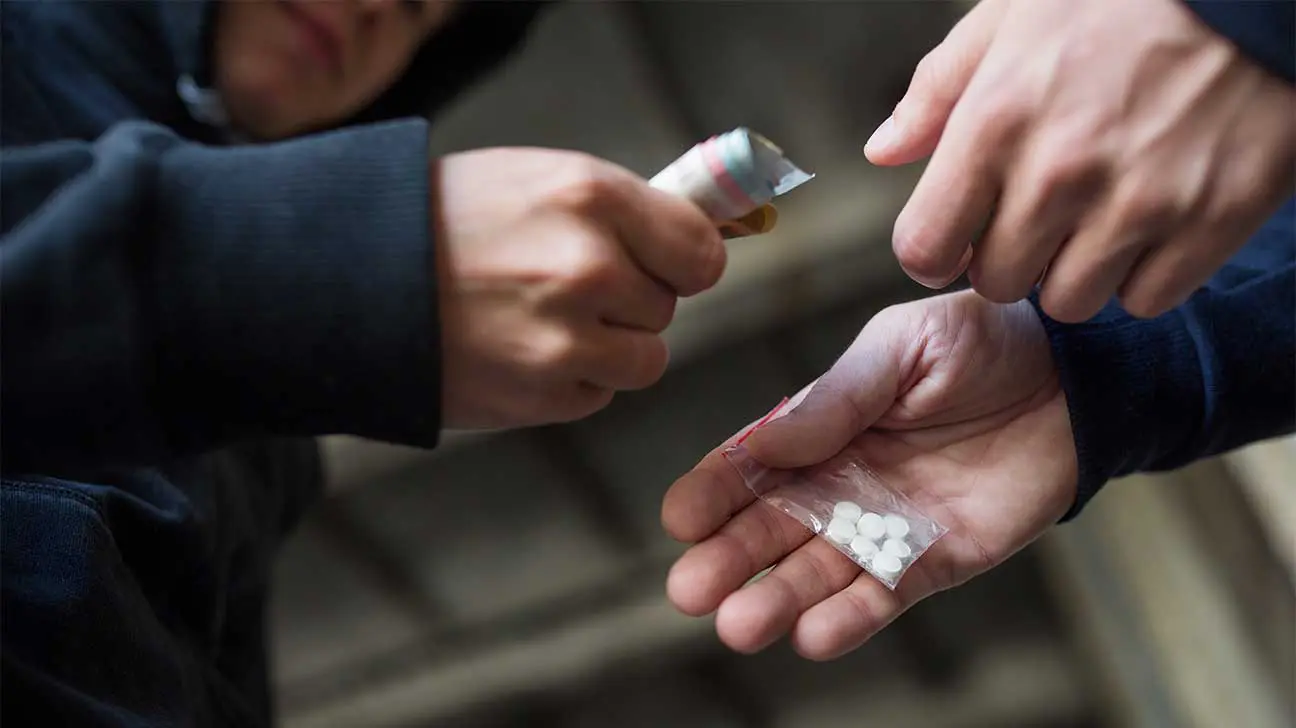
A single dose of PCP will cost around $5-$15, making it one of the more affordable illicit street drugs.
However, PCP is known to be psychologically addictive and people who use it quickly build up a tolerance. Cince more is required to get the same effects, the costs will add up quickly.
PCP comes in many forms, with each having its own associated prices. It’s also known by various street names and slang.
Learn more about the average cost of illegal street drugs
What Factors Can Affect The Price Of PCP?
The price of PCP stays generally stable but will vary a bit and mostly by location and by the method of abuse
Although it is most often found in liquid and powder forms, you can also find it in a crystal, tablet, or capsule form. It is not uncommon to find both MDMA and marijuana laced with PCP.
While it was originally created for medicinal use, it was found ineffective and is no longer legal anywhere, thus making it more accessible in certain places than others.
Factors that affect the price of PCP include:
- purity of the product
- where it was produced
- where it is being sold
- current availability
How Much Does PCP Cost?
The cost of PCP varies depending on the type and quantity of the drug that is being purchased. Find out more below.
Find Addiction Treatment Today
If you or a loved one are seeking substance abuse treatment at a rehab center, call us today. We have more information for you about what the recovery process looks like and how to get started.
Addiction Resource aims to provide only the most current, accurate information in regards to addiction and addiction treatment, which means we only reference the most credible sources available.
These include peer-reviewed journals, government entities and academic institutions, and leaders in addiction healthcare and advocacy. Learn more about how we safeguard our content by viewing our editorial policy.
- Drug Enforcement Administration — Phencyclidine
https://www.deadiversion.usdoj.gov/drug_chem_info/pcp.pdf - National Institute on Drug Abuse — Hallucinogens and Dissociative Drugs Research Report
https://www.drugabuse.gov/publications/research-reports/hallucinogens-dissociative-drugs/director - U.S. National Library of Medicine: MedlinePlus — Substance use - phencyclidine (PCP)
https://medlineplus.gov/ency/patientinstructions/000797.htm - Washington D.C. Metropolitan Police — Understanding the Risks and Dangers of Phencyclidine (PCP)
https://mpdc.dc.gov/sites/default/files/dc/sites/mpdc/publication/attachments/PCP.pdf


